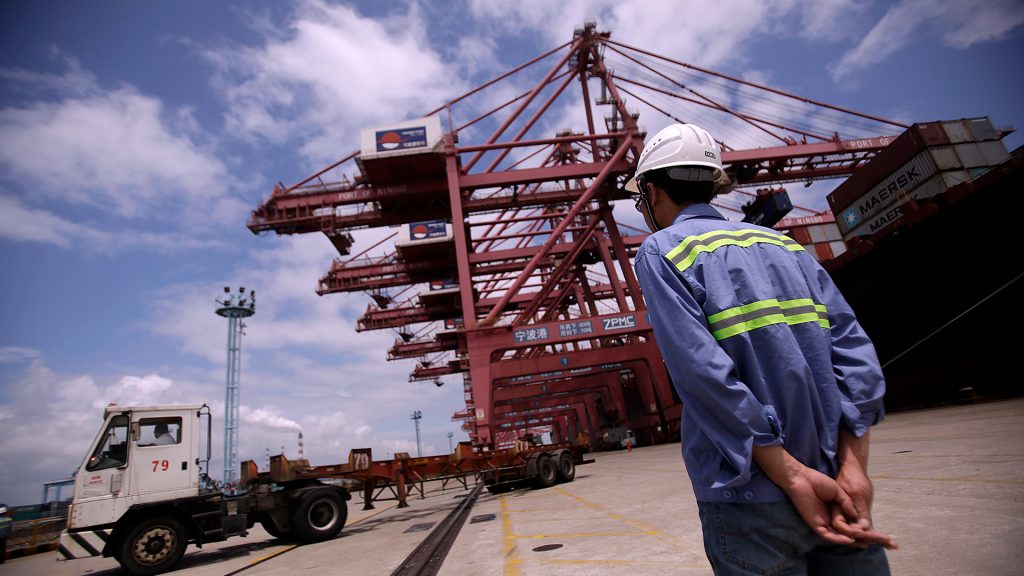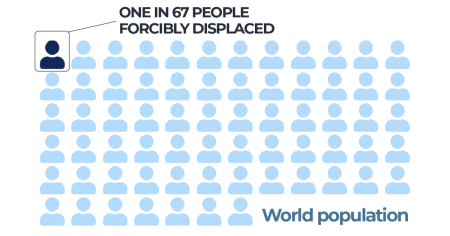The evolving geopolitical landscape, marked by escalating tensions and shifting alliances, is significantly impacting global trade dynamics. The rise of protectionist sentiments, fueled by national security concerns and a desire for greater economic self-reliance, is leading countries to re-evaluate their trade relationships and supply chain dependencies. This trend is driving a shift away from the interconnected globalized system that has dominated recent decades towards a more regionalized approach. Countries are increasingly prioritizing trade partnerships within their own geographic regions or with nations sharing similar political and economic ideologies. This move towards regionalization aims to reduce reliance on potentially adversarial nations and enhance supply chain resilience in the face of geopolitical instability. Furthermore, the weaponization of trade, using tariffs and sanctions as tools of political pressure, is further complicating international commerce and creating an atmosphere of uncertainty for businesses operating across borders. This fragmentation of the global trading system has profound implications for the future of trade, potentially leading to higher costs, reduced efficiency, and a slowdown in global economic growth.
The escalating effects of climate change are posing significant challenges to global trade and supply chains. Extreme weather events, such as hurricanes, floods, and droughts, are becoming more frequent and intense, disrupting transportation networks, damaging infrastructure, and delaying shipments. Rising sea levels threaten coastal ports and logistics hubs, while changes in precipitation patterns can disrupt agricultural production and the availability of raw materials. These climate-related disruptions increase costs, lead to supply shortages, and create uncertainty for businesses reliant on global trade. Moreover, the growing emphasis on sustainability and reducing carbon emissions is pushing companies to re-evaluate their supply chain practices. This includes exploring alternative transportation methods, optimizing logistics routes, and sourcing materials from closer locations to minimize transportation distances and associated emissions. The transition to a greener global economy is reshaping trade patterns and requiring businesses to adapt to new environmental regulations and consumer demands for sustainable products.
Technological advancements are simultaneously disrupting and transforming global trade. The rise of e-commerce and digital platforms is facilitating cross-border transactions and connecting businesses with consumers worldwide. Automation, artificial intelligence, and machine learning are streamlining logistics operations, improving efficiency, and reducing costs. Furthermore, blockchain technology offers the potential to enhance transparency and traceability in supply chains, reducing fraud and counterfeiting. While these technological advancements offer significant opportunities to optimize trade processes, they also present challenges. The increasing reliance on digital infrastructure creates vulnerabilities to cyberattacks and data breaches, while the automation of logistics operations may lead to job displacement in certain sectors. Adapting to these technological changes requires investments in infrastructure, skills development, and regulatory frameworks to ensure a smooth transition and maximize the benefits of these innovations.
The COVID-19 pandemic exposed the fragility of global supply chains and accelerated the trends towards regionalization, sustainability, and digitalization. The pandemic-induced disruptions highlighted the risks of relying on single-source suppliers and geographically concentrated production hubs. The resulting shortages of essential goods and the skyrocketing transportation costs underscored the need for more resilient and diversified supply chains. This experience prompted many companies to re-evaluate their sourcing strategies, explore nearshoring and reshoring options, and invest in digital technologies to enhance supply chain visibility and adaptability. The pandemic served as a wake-up call, demonstrating the importance of preparedness and adaptability in the face of unforeseen global crises.
The convergence of these forces – geopolitical tensions, climate change, and technological advancements – is fundamentally reshaping the landscape of global trade. The traditional model of interconnected global supply chains is giving way to a more fragmented, regionalized, and technologically driven system. Companies are adapting by diversifying their sourcing strategies, investing in regional production hubs, and adopting digital technologies to enhance supply chain resilience and efficiency. Governments are playing a crucial role in shaping this new landscape through trade policies, regulations, and investments in infrastructure. The future of global trade will be characterized by a complex interplay of these forces, requiring businesses and governments to navigate a rapidly evolving environment.
This transformation presents both opportunities and challenges. Regionalization can create new markets and stimulate local economies, while sustainability initiatives can drive innovation and reduce environmental impact. Digital technologies can enhance efficiency, transparency, and connectivity. However, these changes also require significant adjustments. Businesses must adapt their operations, invest in new technologies, and navigate complex regulatory landscapes. Governments must develop policies that support a smooth transition, foster innovation, and address potential downsides such as job displacement and increased inequality. Successfully navigating this transformative period will require collaboration between businesses, governments, and international organizations to ensure a stable, sustainable, and inclusive future for global trade.










